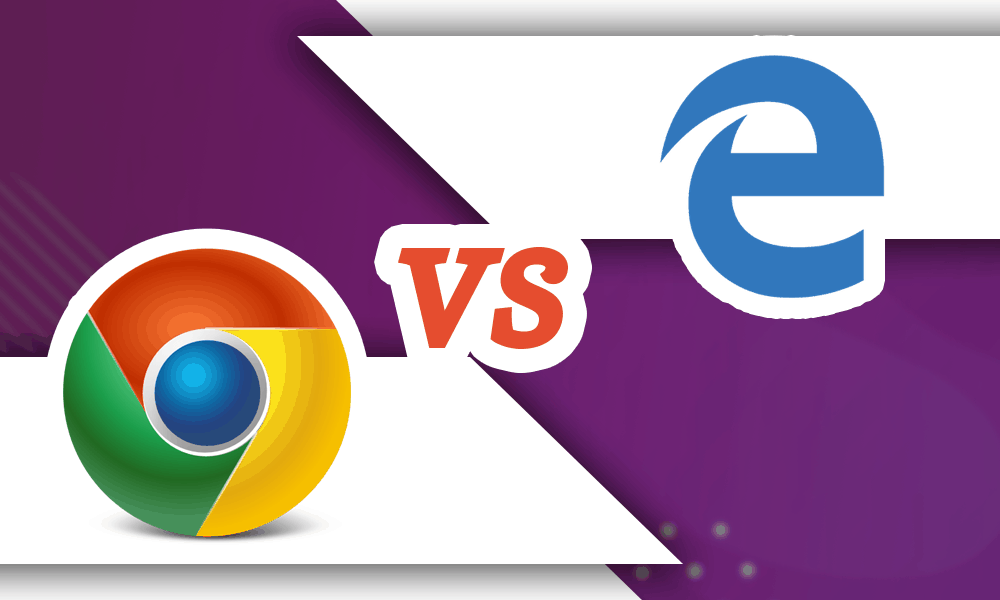

In my months of sticking with Edge as my primary browser I have definitely pushed it to its limits and bogged my laptop down with it at times, but that’s attributable to my own bad habits of loading far too many windows and tabs at once.Īgain, prior to each test I restarted my laptop and made sure that no other applications were running. Even Chrome’s most ardent fan would concede that it can be a resource hog, but Google has thrown a lot of attention at this problem over the last year. Next, I took a look at the system impact that each of these browsers had on my laptop. I’m going to give the win in this category to Microsoft Edge, but it remains close enough that I wouldn’t make a determination on this factor alone. Google Chrome finished with a 73, winning four of the six categories, but not by enough. Microsoft Edge claimed the win by a reasonably narrow margin with a total score of 76, based largely on a much stronger performance in the Encrypt Notes and OCR Scan test. Chrome doesn’t do this.Before testing each browser, I restarted my laptop and ensured nothing else was running to get as close as possible to identical conditions.

Then click Trackers at the bottom of the menu, and you will see the list. Click on the lock icon to the left of the URL. You can find out which trackers have been blocked on the websites you visit on Edge. In Strict mode, some websites may not work correctly. You’ll get a lot of customization in Basic, but you will have less privacy. The default is Balanced, which lets you get some customization that you won’t get in Strict mode. You can choose Basic, Balanced, and Strict. PrivacyĮdge gives you three different levels of tracking protection. Chrome once had a reader mode, but now you need to install an extension for both the read aloud and the reader view. You can even adjust the color of the background. You can even download more languages and voices in your Windows Settings.Įdge has an Immersive Reading view that removes all the extra distractions from the page, leaving only the text and other relevant content. Chrome requires an extension on the desktop and mobile versions to do this. The new Microsoft Edge reads to you both on desktop and mobile.


 0 kommentar(er)
0 kommentar(er)
